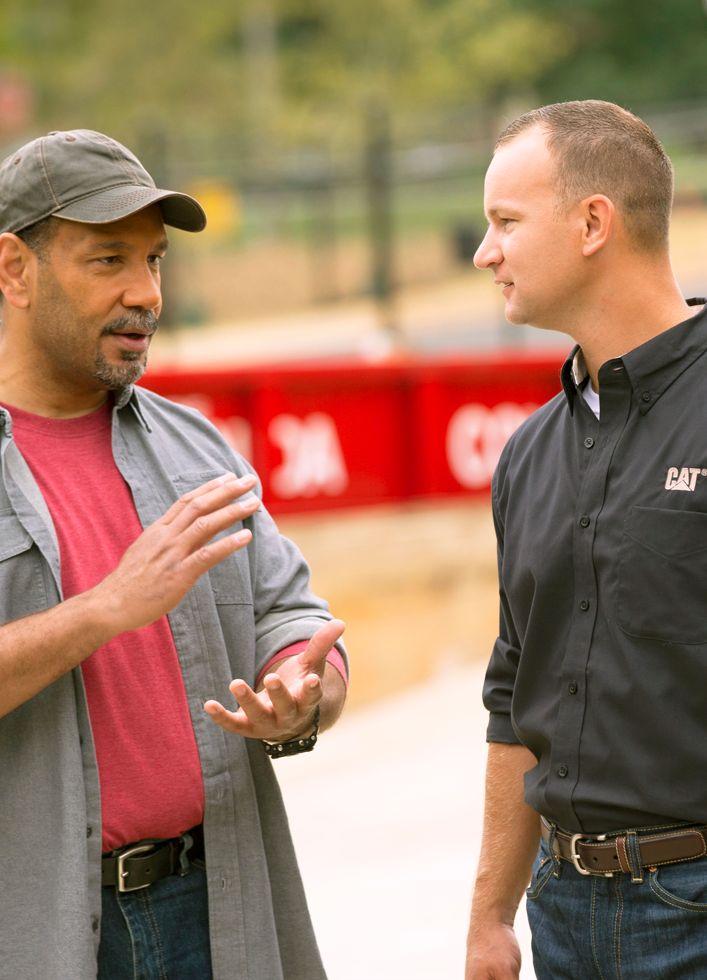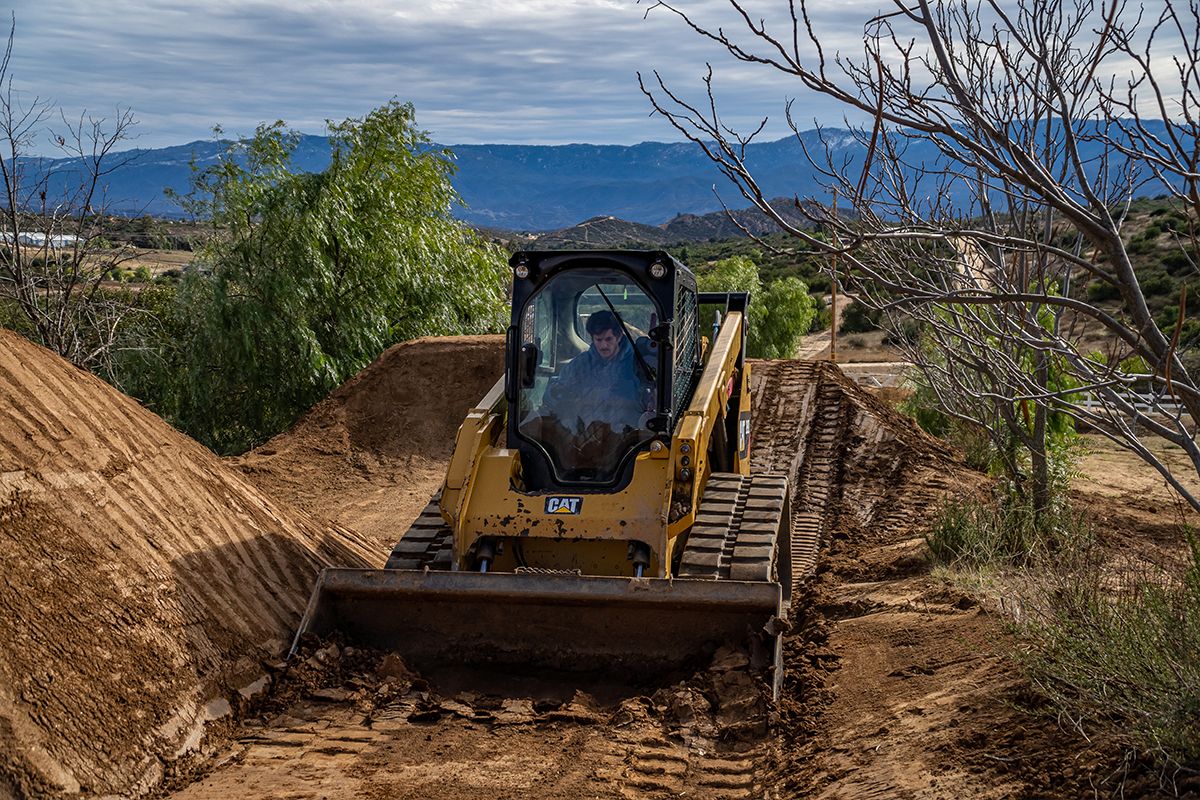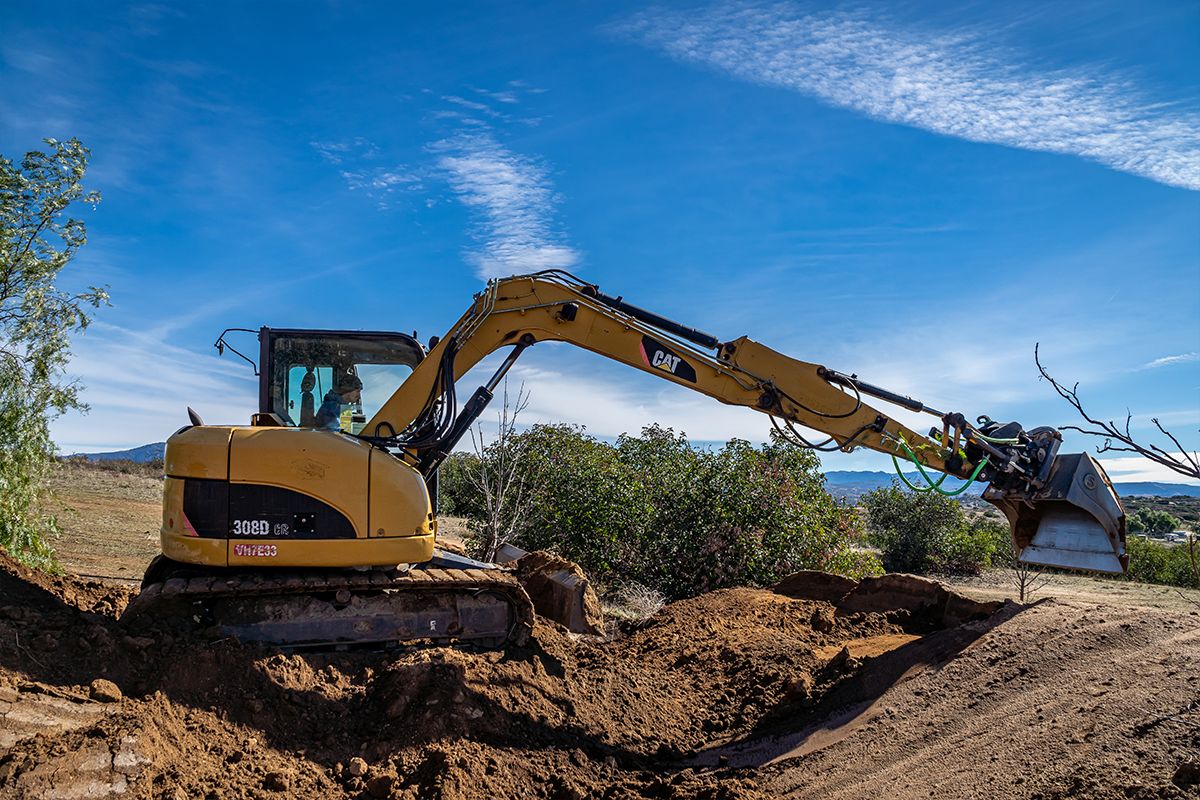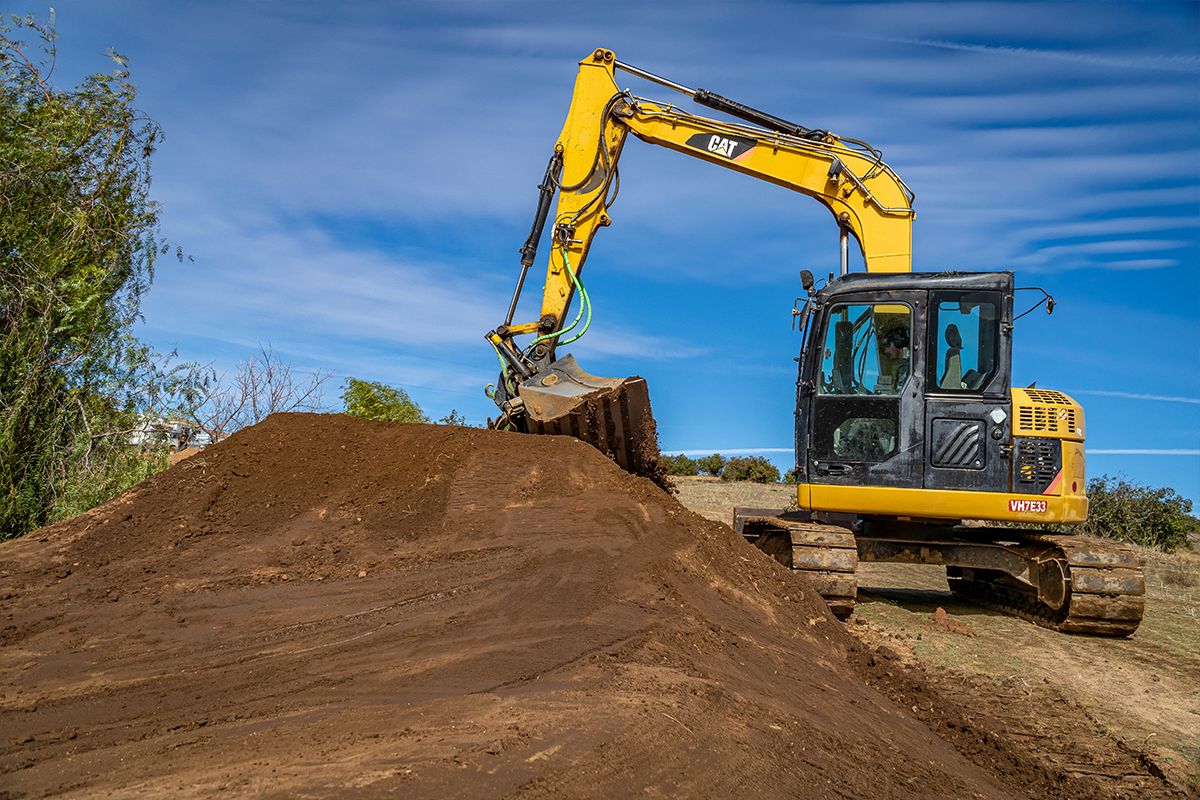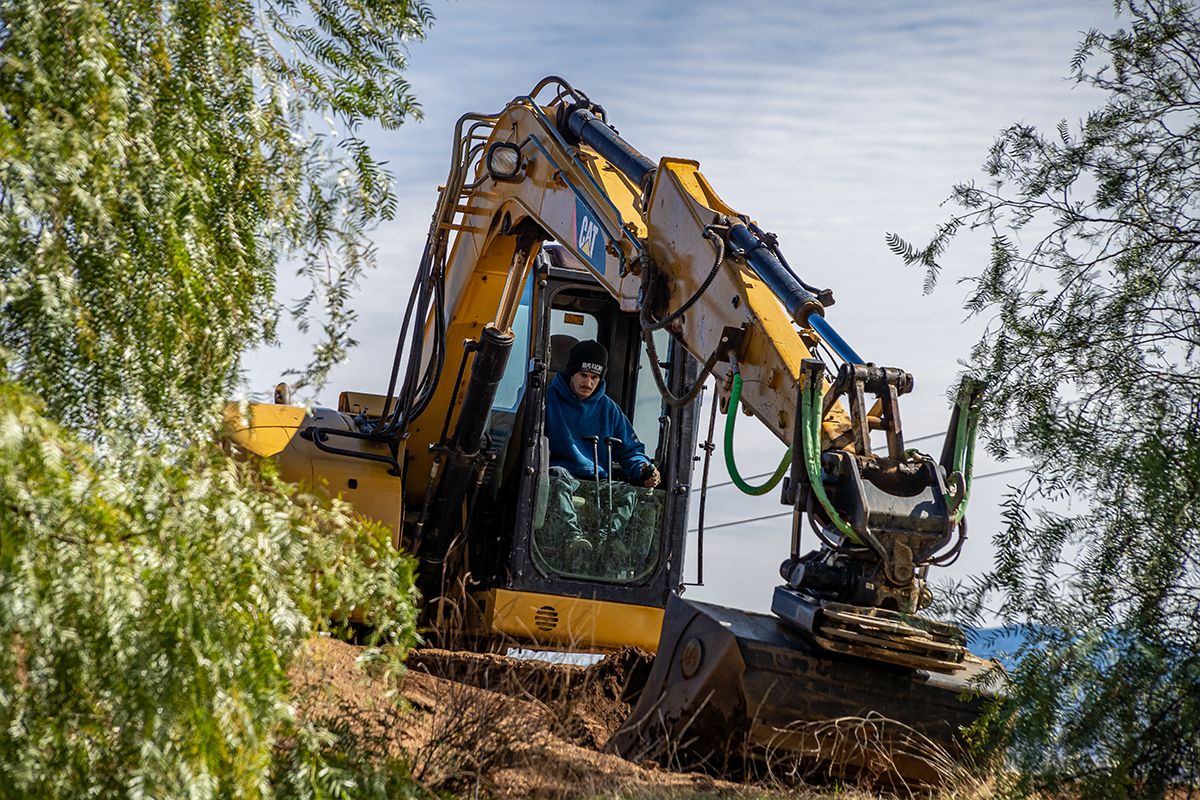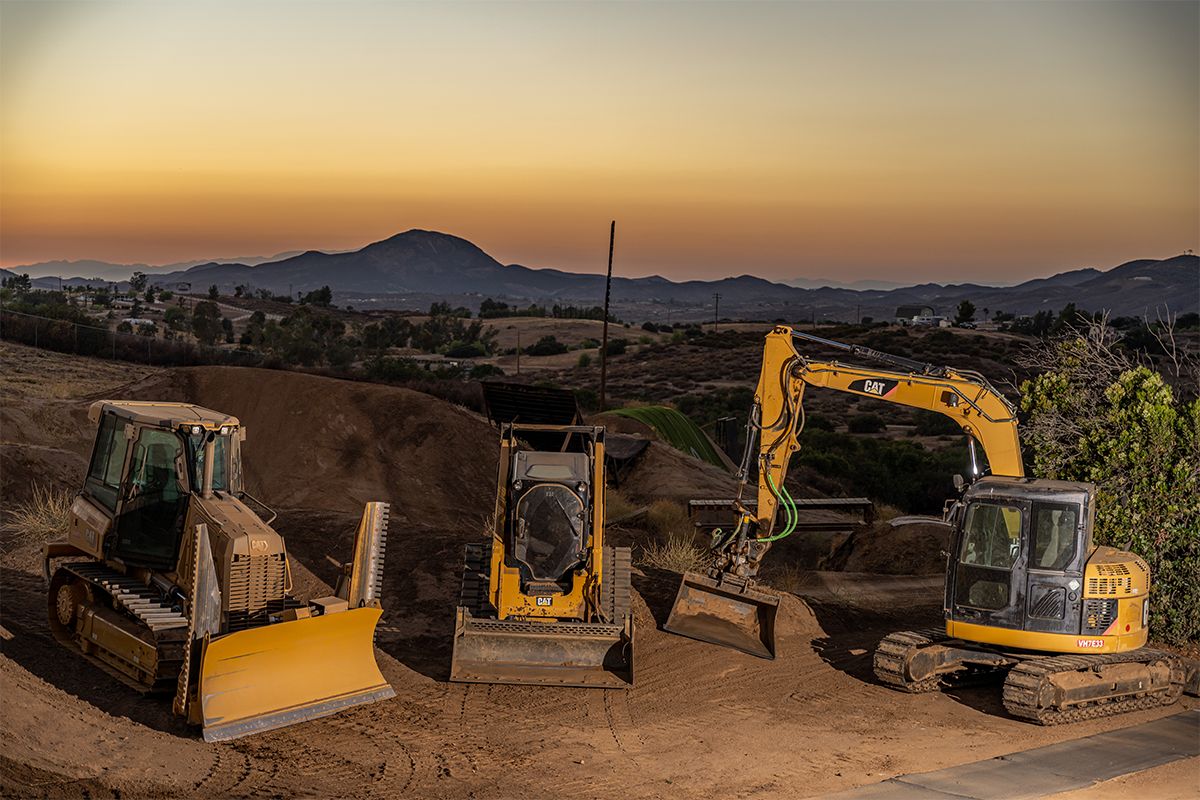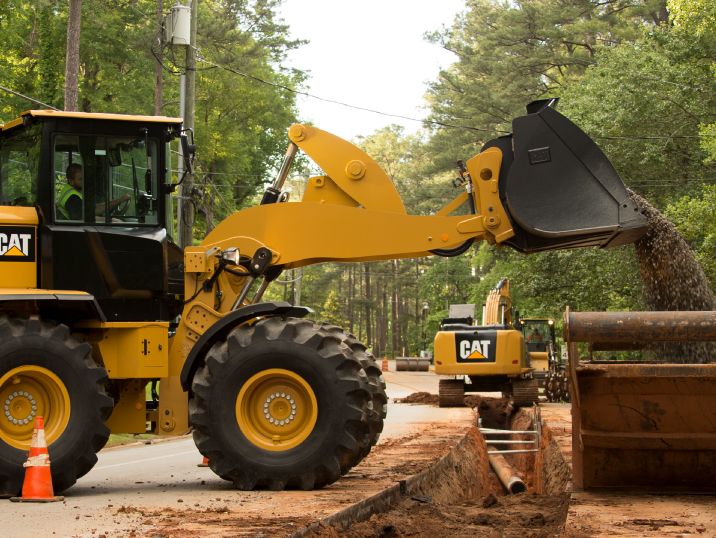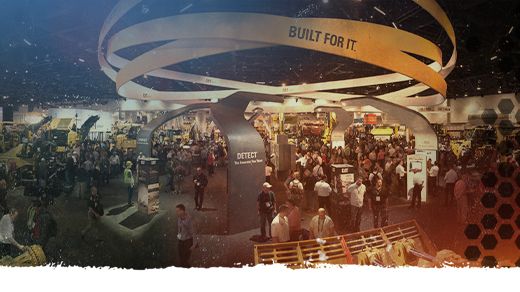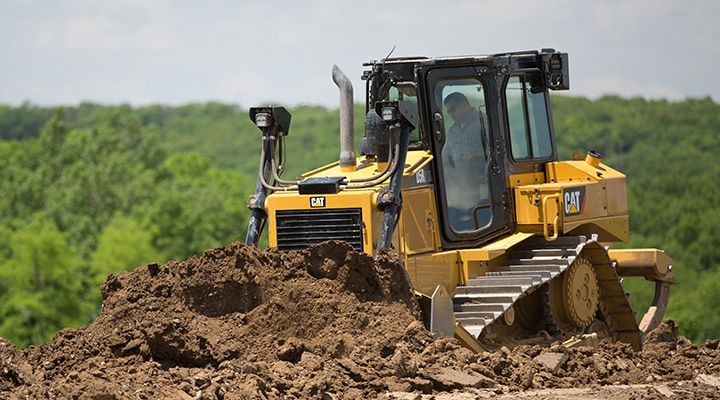If you already have an existing account with another Cat App, you can use the same account to sign in here.
One Account. All of Cat.
If you already have an existing account with another Cat App, you can use the same account to sign in here.
Account Information
Site Settings
Security Settings
Jarryd McNeil’s Guide to Building Motocross Tracks
For Cat Ambassador Jarryd McNeil, his motocross racing career doesn’t end at race day. Jarryd shares his guide to building motocross tracks, including the best equipment for the job.
CAITLIN MADDOCK-BAHR | Social Media & Digital Strategy Manager
The first application that comes to mind for heavy equipment might not necessarily be motocross track building, but for Cat Ambassador Jarryd McNeil and many other motocross racers out there, that’s exactly what they need to train between competitions and events. Jarryd shares his guide to building motocross tracks below.
Before Building Motocross Tracks, Choose Your Location
One of the first steps in building motocross tracks is choosing your location. There are some important things to consider when you’re deciding where to build:
- Noise restrictions
- Neighbors – How close are they? Would they have an issue with a motocross track near their homes?
- Safety – Are there any features of the landscape that would make building a track here unsafe?
- Acreage – Ideally, you want access to a couple acres of land in order to build a workable track.
Design Your Motocross Track
Before you start building motocross tracks, you need to get the lay of the land. Check out the site where you want to build your track and use the natural landscape to pick a design that minimizes the amount of dirt you’ll need to move. Motocross tracks are built in more open areas as opposed to supercross tracks, which have specific measurements and are built in more compact spaces like stadiums. You’ll need at least 20 feet of space between the lanes of your motocross track if you plan on building jumps and/or maintaining the track and jumps with heavy equipment. No matter what you’re building your track for, make sure that it’s built to the specs of the event you’re training for since many of these events have specific guidelines and equations for things like jumps and takeoff ramps.
Good drainage is a huge part of designing a working motocross track. If the track gets too muddy, that can cut down on your practice time. With a drainage plan, you can get back on the track sooner.
“My course it built on a hillside at home, and I use culverts to drain to a sediment pond to help with both erosion and drainage,” Jarryd says.






Build Your Motocross Track
Once you’ve got the design down for your motocross track, you’re ready to build. Having the right equipment is key to making sure you’re working as efficiently as possible while also keeping your track safe.
- Dozers are used for building lanes and pads for runways, as well as molding jumps into a rough design.
- Wheel loaders are used for bringing materials across the field, moving dirt quickly, building whoops (a series of 10-15 evenly spaced short bumps all in a row), and rolling dirt into the right shape for jumps.
- Excavators are used for packing and molding jumps as well as loading in and out.
- And for the finishing touches, a compact track loader helps perfect the shape and design of your track.
No matter what equipment you use, safety is a big factor in building motocross tracks. Things like grade control and GPS systems can help you build jumps more consistently each time. You can know exactly how much dirt goes into each jump and the exact angles of a build. Cleaner jumps make things safer for you or whoever you’re building the track for.
Do you want to get starting in building tracks for motocross riders? Jarryd has some advice:
“Find ways to get your foot in the door and build your experience,” he says. “I was lucky that my father got me in machines at a young age. If you’ve grown up on the farm or in the construction world, you can grow into track building a bit easier.” He suggests applying to water jumps at your local track and working your way up into equipment.
Photos courtesy of PHD Photography.


CAITLIN MADDOCK-BAHR
Social Media & Digital Strategy Manager
Caitlin Maddock-Bahr exercises her storytelling expertise as a social media & digital strategy manager. In this role, she not only helps Caterpillar connect with their audience, but helps customers connect with the brand.
RELATED ARTICLES
You’re here to get ideas to grow your business. Read on for machine insights and expert tips and tricks to get more out of every job.
-
Bid on Jobs More Accurately
Use the technology on your small wheel loader to monitor fuel consumption and costs for more accurate job bids and greater profits.
Learn More -
ConExpo 2017 Recap
This show is our biggest yet, and that’s saying something. Take a look back at 2017.
see 2017 -
Busting the Jargon To Get You Connected
Defining technology terms to get you connected.
Learn More -
Electrification
Our electric solutions begin and end with your needs.
Learn More
Connect with Us
In person or online, we're here to help you find the answers you need. Reach out to your local Cat dealer for advice close to home. Sign up for our newsletter to hear from industry experts. Or keep exploring this site for additional information.


